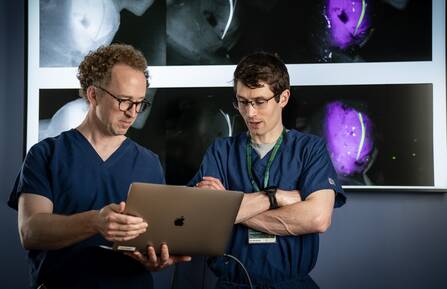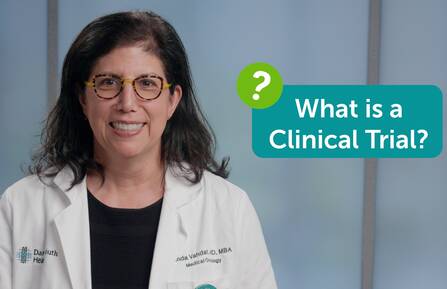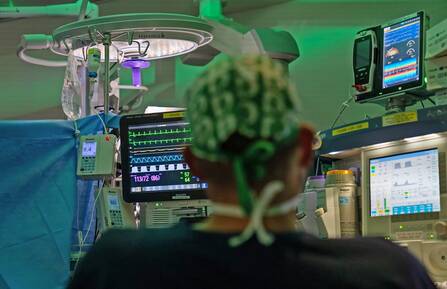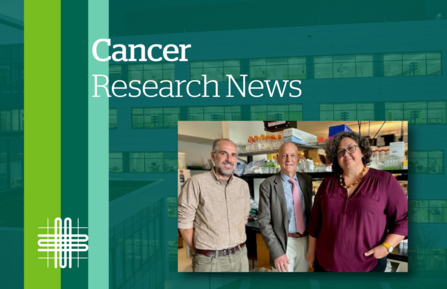Research and Innovation

Shining a Light on Sarcoma Surgery in a First-in-Human Cancer Clinical Trial
Dartmouth Cancer Center researchers successfully complete a first-in-human study of a technique that makes cancer cells "glow" during surgery, leading to complete tumor removal and new hope for sarcoma patients.

Where Do Prouty Donations Go? Spring 2025 Part 2
Last summer’s record-breaking Prouty fundraiser event raised more than $8 million for ground-breaking research. Here are four of these projects.
Where Do Prouty Donations Go? Spring 2025 Part 1
Last summer’s record-breaking Prouty fundraiser event raised more than $8 million for ground-breaking research. Here are four of these projects.
Helping Healthy Bone Grow After Cancer
Cancer research engineers at Dartmouth Cancer Center are coming up with new methods to repair and replace tissue and bone damaged during cancer treatment.

Copper Trial for Triple-Negative Breast Cancer Officially Opens to Patients
In this Q&A, Linda T. Vahdat, MD, explains how cancer cells are master manipulators in the body and a promising way to stop them that she is studying in a new clinical trial.

Where do Prouty Donations Go? Fall 2024
Here are the newest cancer research projects already underway thanks to Prouty dollars raised by you.

Making Sense of Clinical Trials: A Video Q&A with Dr. Linda Vahdat
Breast oncologist and clinical researcher Linda Vahdat, MD, answers common questions about the importance of clinical trials.

A New Trial for “Triple Negative”
A promising multi-site clinical trial that has just opened at lead site Dartmouth Cancer Center looks to bring an innovative treatment strategy to one of the most challenging forms of breast cancer.

Coordinated and Innovative Care for People with Gynecologic Cancers
In this video, hear from our team of experts who help navigate patients through a journey of innovative care.

Technology in Prostate Cancer Surgery Goes Further
A team of Dartmouth engineers and cancer researchers has received funding to develop surgical image guidance technology.